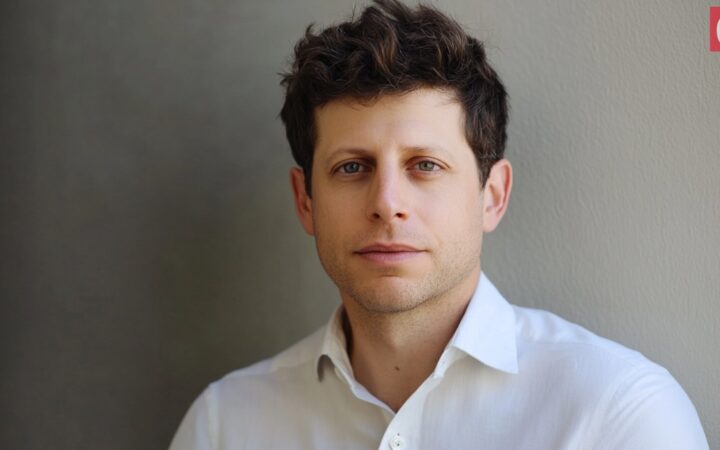
With over 3 years of crypto writing experience, Bena strives to make crypto, blockchain, Web3, and fintech accessible to all. Beyond cryptocurrencies, Bena also enjoys reading books in her spare time.
With prominent venture capital firms backing Worldcoin, the project undoubtedly holds significant financial clout. However, the road to a universally adopted iris-scanning identity system appears to be riddled with regulatory roadblocks and privacy concerns.
 Edited by Julia Sakovich
Updated
3 mins read
Edited by Julia Sakovich
Updated
3 mins read

Portugal’s data protection agency, the Comissão Nacional de Proteção de Dados (CNPD), has disrupted Sam Altman’s ambitious Worldcoin (WLD) endeavor. On March 26, 2024, the CNPD ordered Worldcoin to suspend data gathering activities for a period of 90 days, citing worries about user privacy and potential breaches of regulations.
The move comes amidst scrutiny over Worldcoin’s iris-scanning technology and its proposed global digital identity system powered by cryptocurrency. Although Worldcoin claims over 4.5 million sign-ups across 120 countries, its data collection practices have ignited concerns from authorities and privacy advocates.
The CNPD’s decision stems from a surge of complaints received in the past month. Allegations included unauthorized data collection from minors, insufficient user notifications regarding data usage, and absence of options for deleting data or withdrawing consent.
The CNPD considered the situation with over 300,000 Portuguese citizens having submitted biometric data to Worldcoin as a significant risk to data protection rights. Therefore, immediate intervention was necessary to prevent potential harm, thus signifying a need for prompt action.
Worldcoin, however, maintains its compliance with all relevant data regulations. Jannick Preiwisch, the data protection officer at Worldcoin Foundation, stressed their dedication to user privacy and rejected allegations of underage enrollments. He acknowledged the CNPD report as the inaugural instance of such concerns and emphasized their efforts to rectify the matter.
“The report from CNPD is the first time we are hearing from them regarding many of these matters, including reports of underage sign-ups in Portugal, for which we have zero tolerance for and are working to address in all instances, even if a matter of a few reports,” said Preiwisch.
Adding another complicated change, Worldcoin just said it will move to “Personal Custody”. This gives people more control over their data. They can delete it or choose how it’s used in the future. The CNPD’s temporary stop is to let them look into things carefully, and they will do extra checks and carefully study user complaints.
The Worldcoin initiative conceives its role as a pivotal foundation for an international “identity and financial network”. Established by the co-founder of OpenAI Sam Altman, this initiative’s objective centres on instituting an authentication protocol for human verification, aligning with an increasingly AI-driven global paradigm.
However, Worldcoin’s ambitions have been met with doubts and legal obstacles. Various nations, such as Spain and Kenya, have initiated probes, with the latter temporarily banning operations in August 2023, creating intricate challenges for Wolrdcoin’s ambitious vision.
Organisations have raised concerns regarding potential data compromises and mishandling of biometric data with digital identification systems. They assert that digital ID systems rarely deliver on the grand promises touted by technology proponents.
The suspension in Portugal further complicates Worldcoin’s global rollout. The CNPD decision concerning the Cayman Islands-based Worldcoin Foundation underscores the complex jurisdictional landscape governing the project’s operations.
With prominent venture capital firms backing Worldcoin, the project undoubtedly holds significant financial clout. However, the road to a universally adopted iris-scanning identity system appears to be riddled with regulatory roadblocks and privacy concerns.
Disclaimer: Coinspeaker is committed to providing unbiased and transparent reporting. This article aims to deliver accurate and timely information but should not be taken as financial or investment advice. Since market conditions can change rapidly, we encourage you to verify information on your own and consult with a professional before making any decisions based on this content.

With over 3 years of crypto writing experience, Bena strives to make crypto, blockchain, Web3, and fintech accessible to all. Beyond cryptocurrencies, Bena also enjoys reading books in her spare time.





